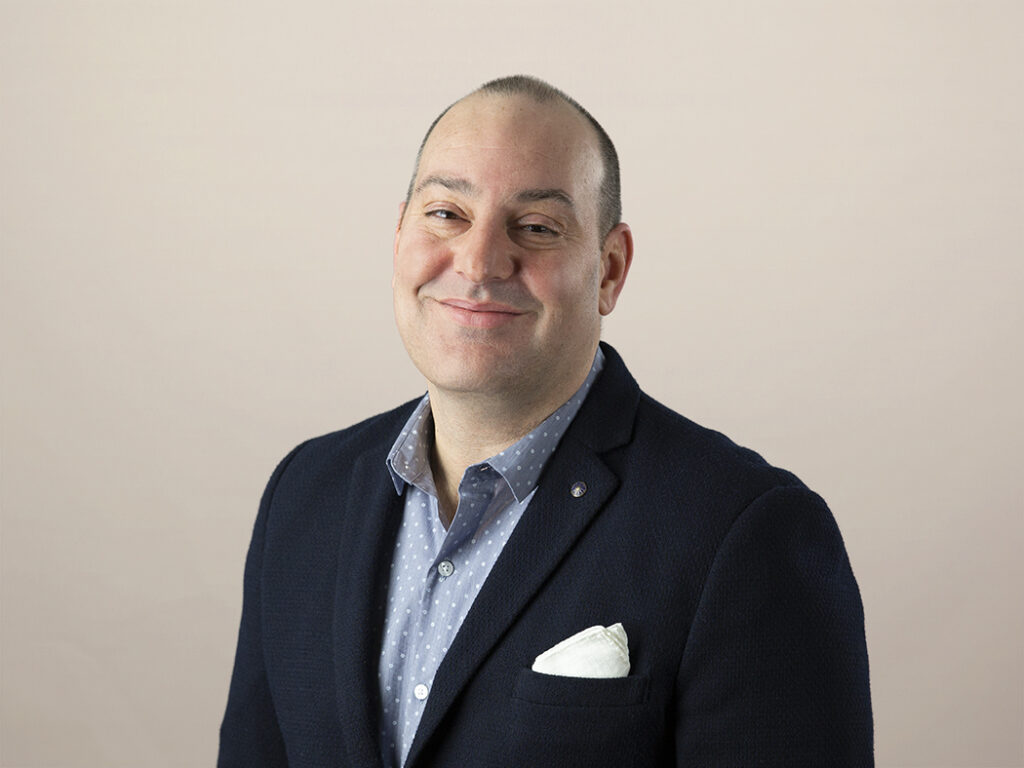The Smaller, Smarter Future Of Agencies
The future of the “agency” is being shaped by technology. The belief that artificial intelligence and machines will displace human labor is pervasive across many industries. For agencies, embracing artificial intelligence (AI) and intelligent automation (IA) comes with trepidation that the human side of creativity will be forever lost. Even though AI tantalizes marketers with a fantasy of computer creators that won’t push back and enamors agency executives with the prospect of offsetting outmoded labor models, there’s a problem with this narrative: AI won’t demolish the agency. It will enhance them.
Our future is a human plus machine, not a machine or human alone. When asked whether humans or computers will dominate future chess competitions, world champion Garry Kasparov said neither: A human with a computer will dominate both. The inimitable spark of human creativity and intuition shines through to complement the computers. The same is true for agencies. AI and intelligent automation combined with agencies’ experts will transform the work agencies do. For instance, data science has taken control of the insights role, producing near-real-time understanding of audiences and objectives. The velocity of content production is propelled by the speed and scale of technology plus data. AI and automation are pushing the boundaries of creativity by optimizing copy and dynamically compiling digital advertising. Media plans and channels are selected with the assistance of algorithms. And bots are administering the HR, IT, finance, and ad ops tasks.
Smaller, Yet Smarter
Media and creative agencies, however, will feel the impact when AI joins the workforce. Applied to agency workflows, innovations in AI and intelligent automation will yield a long-term reduction in the size of agencies as measured by the number of human employees. To understand the shifts in employment, we constructed four composite organizations, representing small and large creative and media agencies. Our model shows that our composite agencies will all contract in the next few years, losing one in 10 or more employees.
Agencies will shrink in size as they grow in technology.
- Creative agencies will lose 11% of jobs to automation by 2023. The changing composition of large agency workforces starts with back-office and support functions; we anticipate a finance department that’s smaller. But core professional areas won’t escape unscathed: Production jobs will drop, led by jobs like an associate producer and project manager who will see parts of their jobs digitized and moved to software. Creative departments will shrink, too, as intelligent automation begins assisting creative development and deployment.
- Media agencies will lose 11% by 2023 but most by 2032. They’ll resemble large creatives in 2023, with a topline job loss of 11%, but the details look different. Large media agencies see leading losses in media operations jobs such as QA, tagging, and reconciliation, which are increasingly automated.
Wield The Power Of Intelligent Creativity
Businesses today must create a human+machine creative team that combines human artistry with machine accuracy, that connects precision with persuasion, that matches messages with media, and that weds marketing with innovation. It’s time for CMOs and agencies to move beyond an intuition-laden method of creating, producing, and activating marketing and embrace a more scientific, accurate, and scalable one. Creativity — the act of applying novel solutions to elicit a human response — hasn’t changed. But the way that companies apply creativity must.
Evolve into the leaner, smarter agency of the future by combining human intuition with machine prowess.
CMOs and agency operators can use intelligent creativity — the combination of humans and machines — as an organizing principle and strategy to recover from the economic toll of the pandemic in 2021 and beyond. Executives who take advantage of intelligent creativity provide their companies with the ability to:
- Differentiate brands by heightening execution. AI doesn’t replace agency creativity; it improves it. AI, intelligent software, and automation give CMOs and agencies the ability to execute in volume using a deep understanding of audience interests. For example, applying intelligent creativity to media planning and operations increases both accuracy and impact.
- Delight customers by better meeting their emotional needs. Emotional connection with consumers is core to developing a strong brand connection. AI, intelligent software, and automation go beyond efficient delivery to provide an efficient understanding of consumers.
- Empower employees by swapping the mundane for what’s most fulfilling. Let’s face facts: CMOs and agency executives have a morale problem. Fortunately, AI, intelligent software, and automation take over mundane, repetitive tasks, freeing employees to focus on creative problem-solving.
Workforce Transformation
Smaller agencies are inevitable given the advancement of AI and intelligent automation. But challenging times also present opportunities. Now is the time to accelerate the transformation of agencies into more streamlined, intelligent providers. The reshaping of the agency workforce began with Q2 layoffs and the shedding of nearly 35,000 agency positions. To help CMOs and agencies’ executives plan their future workforce investments, Forrester created a composite model of typical creative and media agencies that plots the automation of tasks across departments and individual positions. You can learn more about this model in our latest report, “The Agency Workforce 2023: Automation And AI Will Reshape Media And Creative Agencies.” If you would like to build a custom model for your organization, contact us directly at jgownder@forrester.com and jpattisall@forrester.com.
